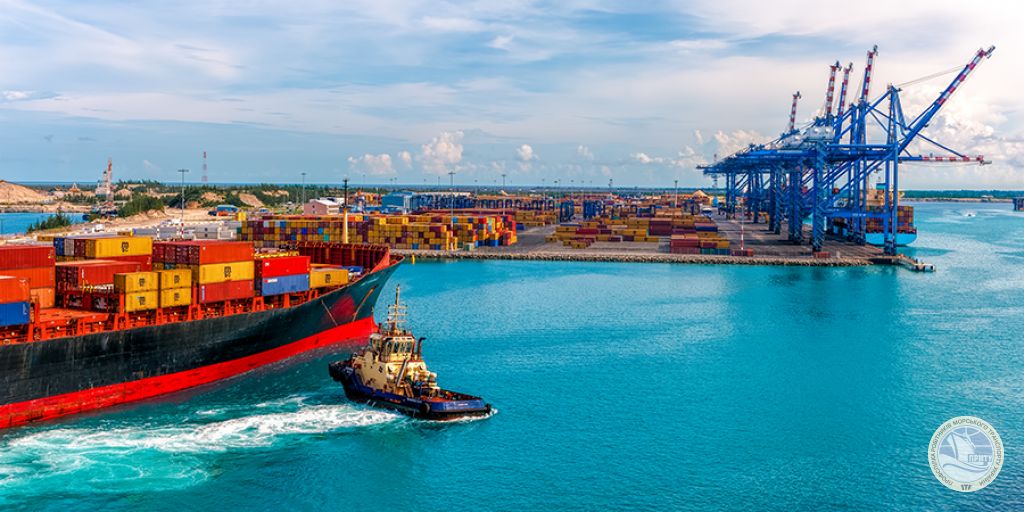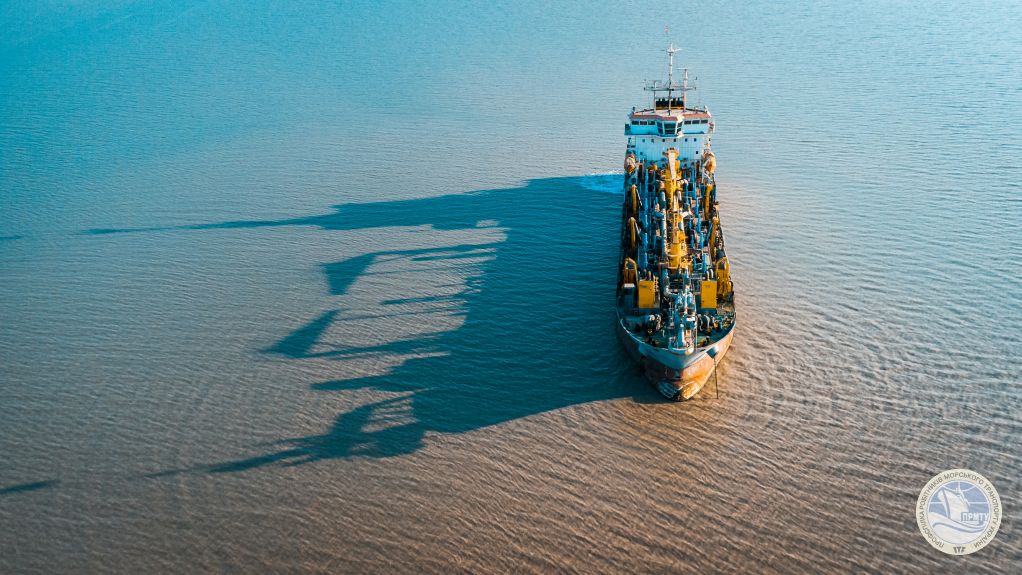Seafarers’ Rights International (SRI), a world leading international centre researching maritime and seafarers’ law, has today published a new report that explores the nature and extent of cabotage laws around the world.
The report, Cabotage Laws of the World, has identified for the first time ninety-one member states of the United Nations that have cabotage laws restricting foreign activity in their domestic coastal trades.
The report describes the history of maritime cabotage and traces a number of early rudimentary legal principles. It sets out examples of the many different definitions of cabotage that exist today at the national, regional and international levels as well as examples of the restrictions of foreign activity and their waivers in domestic coastal trades.
SRI was commissioned by the International Transport Workers’ Federation to undertake the independent study.
Cabotage Laws of the World is based on legislation and advice received from professional law firms in 140 member states of the United Nations, many of whom are part of SRI’s independent network of lawyers worldwide. Written by lawyers, but not for lawyers, technical jargon and heavy authoritative footnotes have been kept to a minimum.




